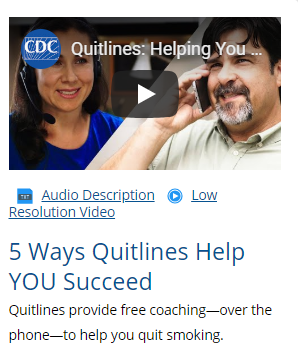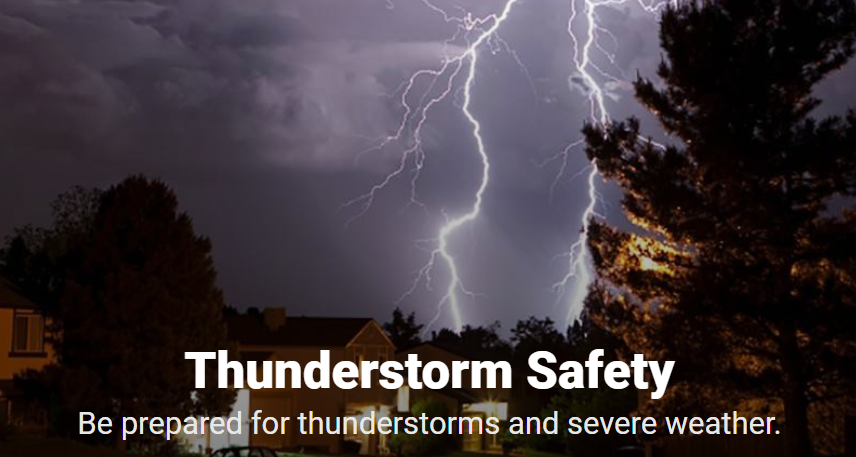Travel can be an exciting, eye-opening experience. It’s easy to get caught up in the thrill of adventure. But don’t forget about travel security and safety considerations while you’re abroad.Follow these 7 travel safety tips to help you take a trip that’s memorable for all the right reasons.
1. Do your research
Get to know your destination in depth before you arrive. Read traveler reviews and consult with locals for information about the safest neighborhoods, places to stay and incidences of crime. Check the State Department’s website for country updates and enroll in the Smart Traveler Enrollment Program (STEP).
Another important travel security precaution is to know whom to call in an emergency. Get the contact information for the nearest embassy or consulate, police station, and other local emergency departments.
2. Don’t draw attention
People who look like they’re from out of town are especially vulnerable to crime, so try to blend in as much as you can. Choose inconspicuous clothing that won’t attract attention. Be discreet when looking at maps and approach people carefully if you need to ask for directions.
Also consider investing in protective clothing and gear that will make it more difficult for pickpockets to steal money and other personal items.
3. Make copies of important documents
You never know when you might need a copy of your passport, driver’s license or another form of identification. Scan these documents to save online and print out several hard copies. That way, you won’t be scrambling to find proper documentation if you need to get home.
4. Keep your friends and family updated
No matter whether you’re going, on an overnight jaunt or a month-long international journey, it’s always a good idea to let friends or family back home know. Before you leave, send a copy of your itinerary to a few trusted people who can keep tabs on your whereabouts. Check in regularly with your contacts so they know you’re where you’re supposed to be.
5. Be wary of public Wi-Fi
Don’t let the convenience of Internet access cloud your judgment. When you use public Wi-Fi, hackers looking to steal valuable information can access your data including credit card or Social Security numbers. If you do need wireless Internet service, set up a virtual private network (VPN) that will allow you to access the Internet securely while traveling.
6. Safeguard your hotel room
Even if your hotel has strong security measures in place, there are steps you can take to make your room safer. Lock and dead-bolt the door and keep your windows shut. You can buy a jammer, which is a portable device that slips under the door for another layer of protection.
Try to give the impression that you’re in your room even when you’re away, such as placing the Do Not Disturb sign on the outside of your door and keeping the blinds or windows closed.
Don’t let any strangers into your room, even if they say they work for the hotel. You can always call the front desk to check whether someone was ordered by hotel staff to come to your room.
7. Be aware of your surroundings
Don’t let your guard down to snap the perfect picture for your social media platforms. Keep an eye on your personal belongings at all times and use good judgment when talking to strangers. A big part of the joy of traveling is the opportunities it affords to meet new people and learn about their cultures. But if someone near you is acting suspiciously, or if you feel uncomfortable, leave the area immediately.
Following these tips can help you travel safely, but no matter how many precautions you take the unexpected can always happen. Stay protected with travel insurance from Nationwide, and get peace of mind no matter where you go.








